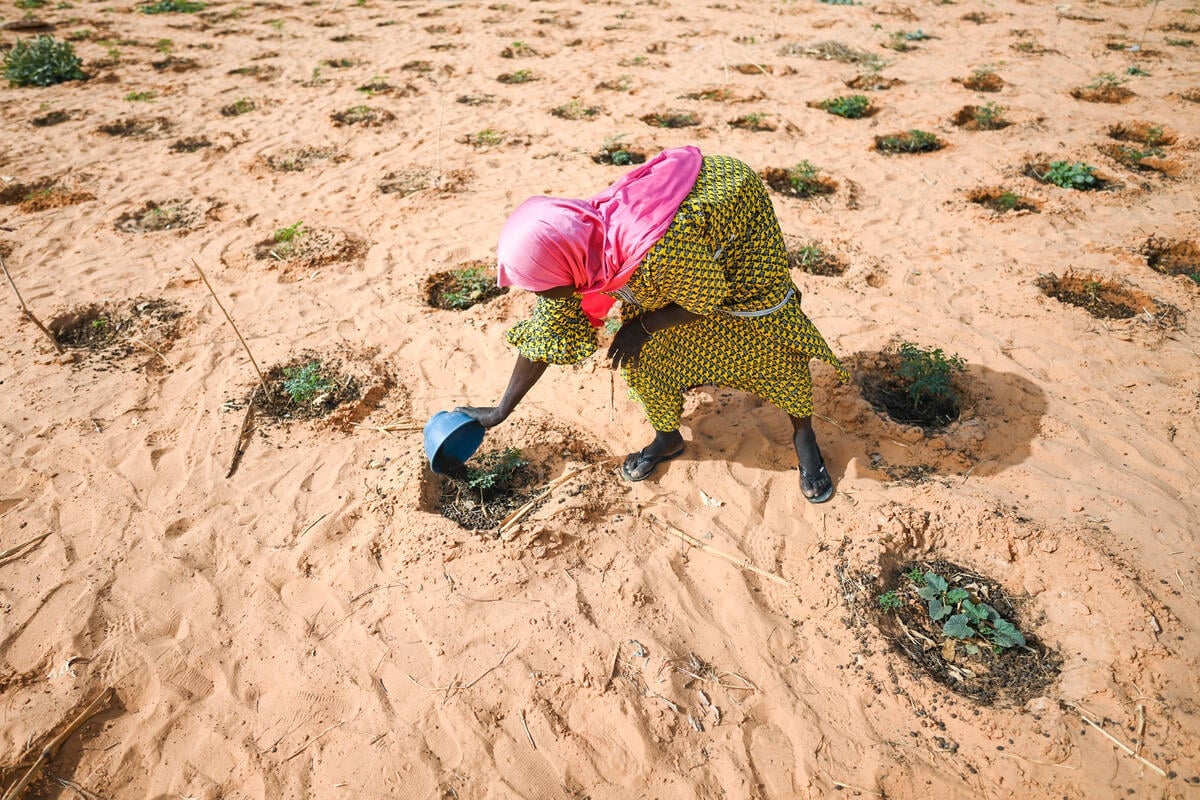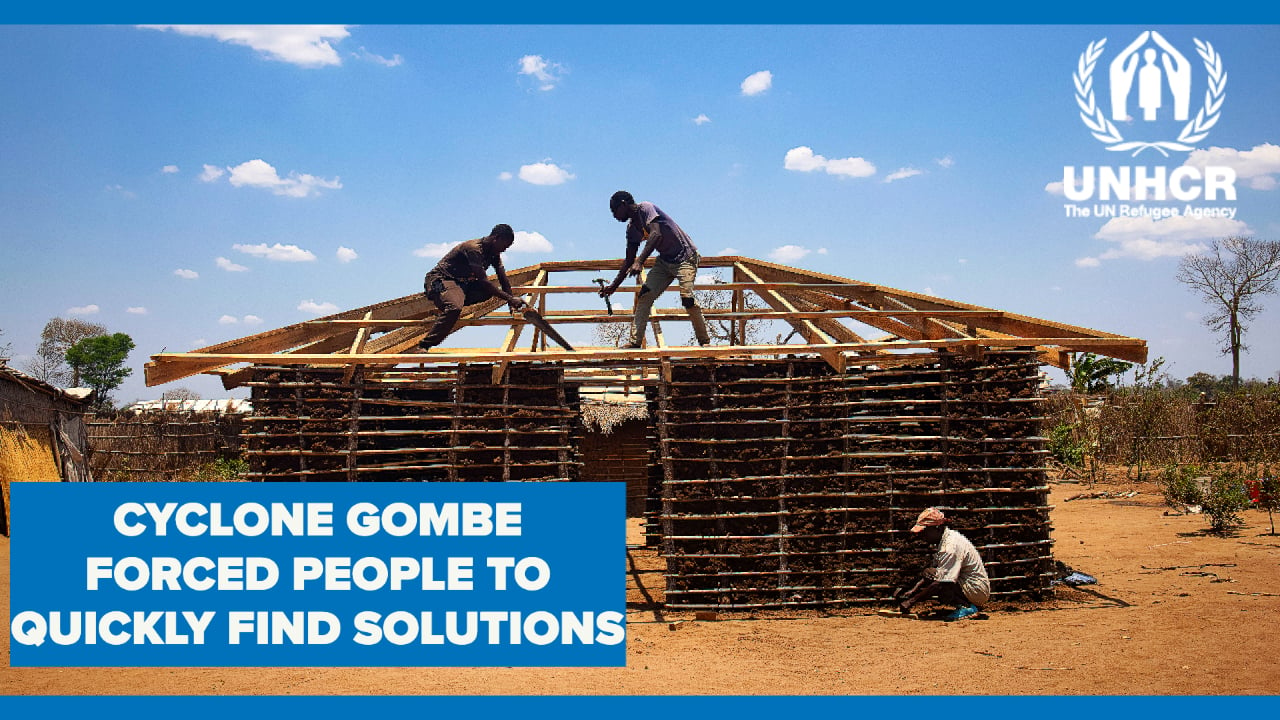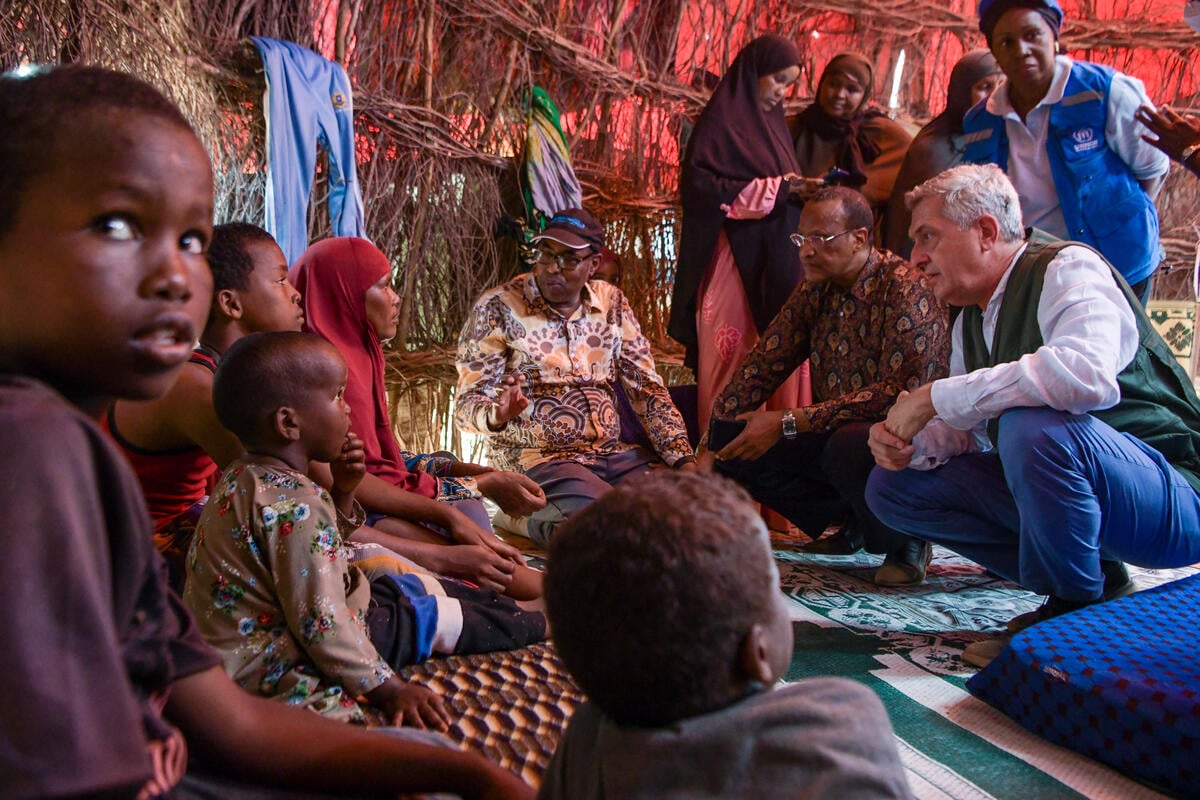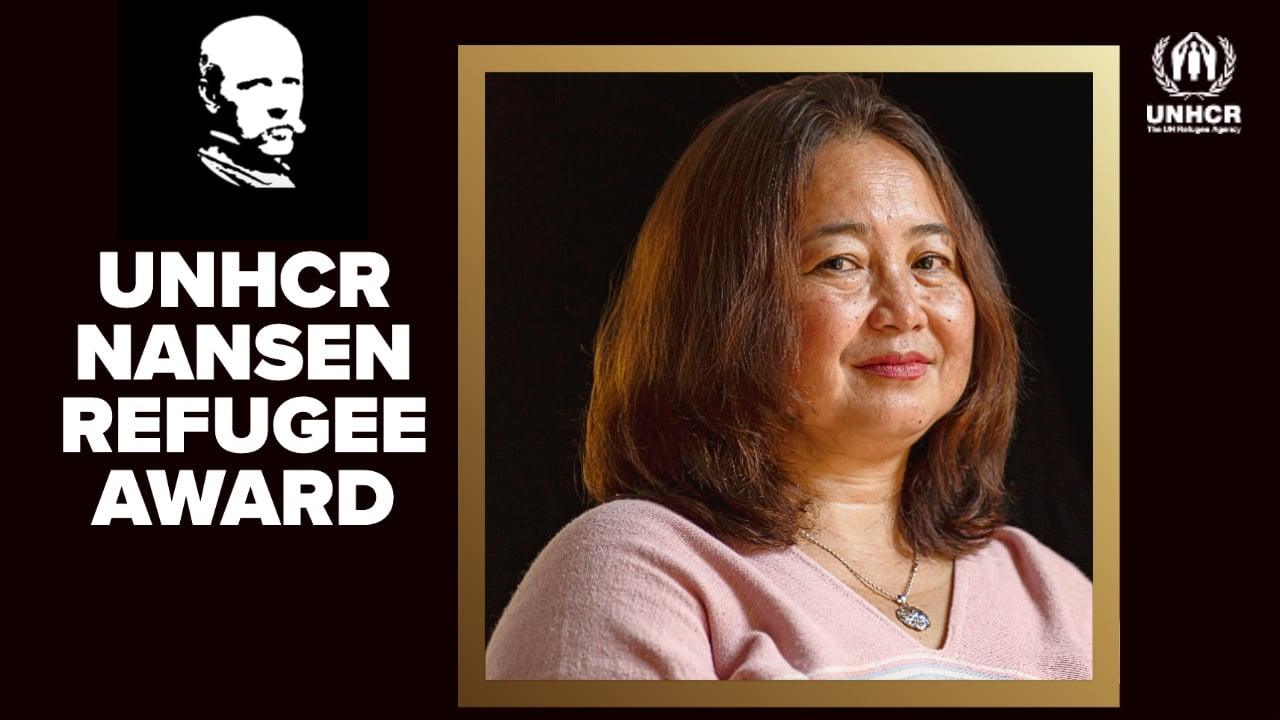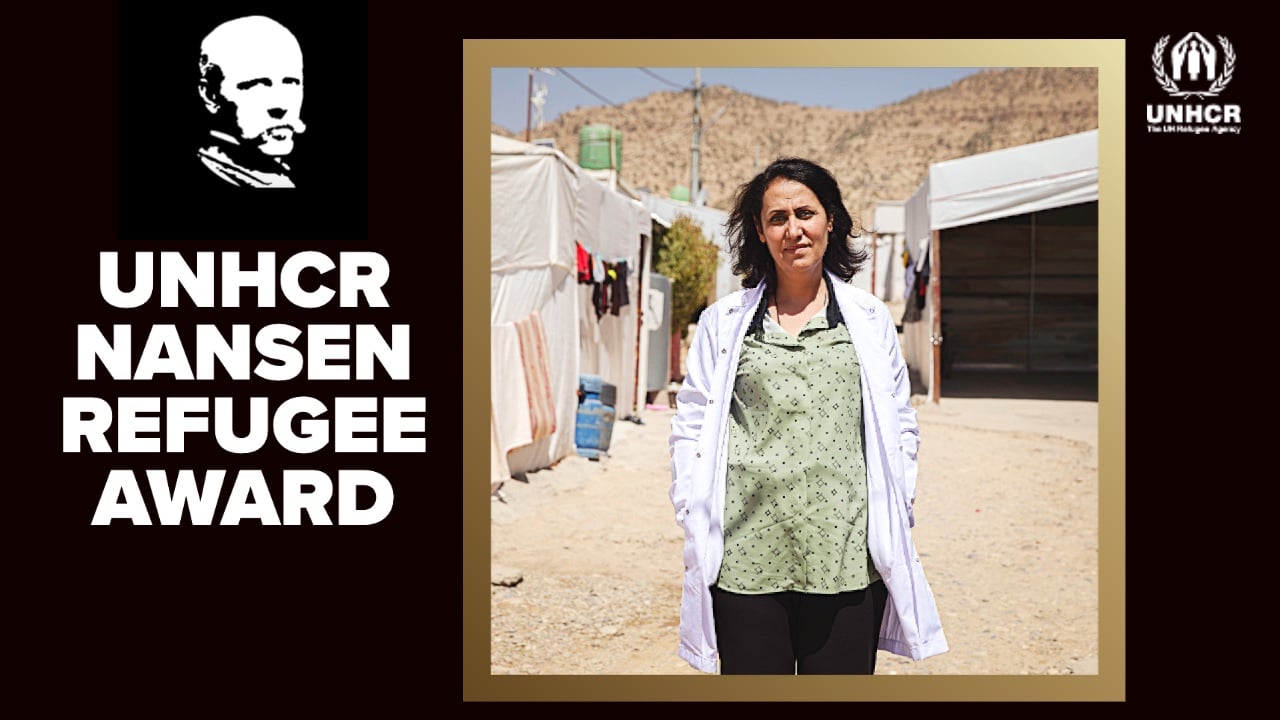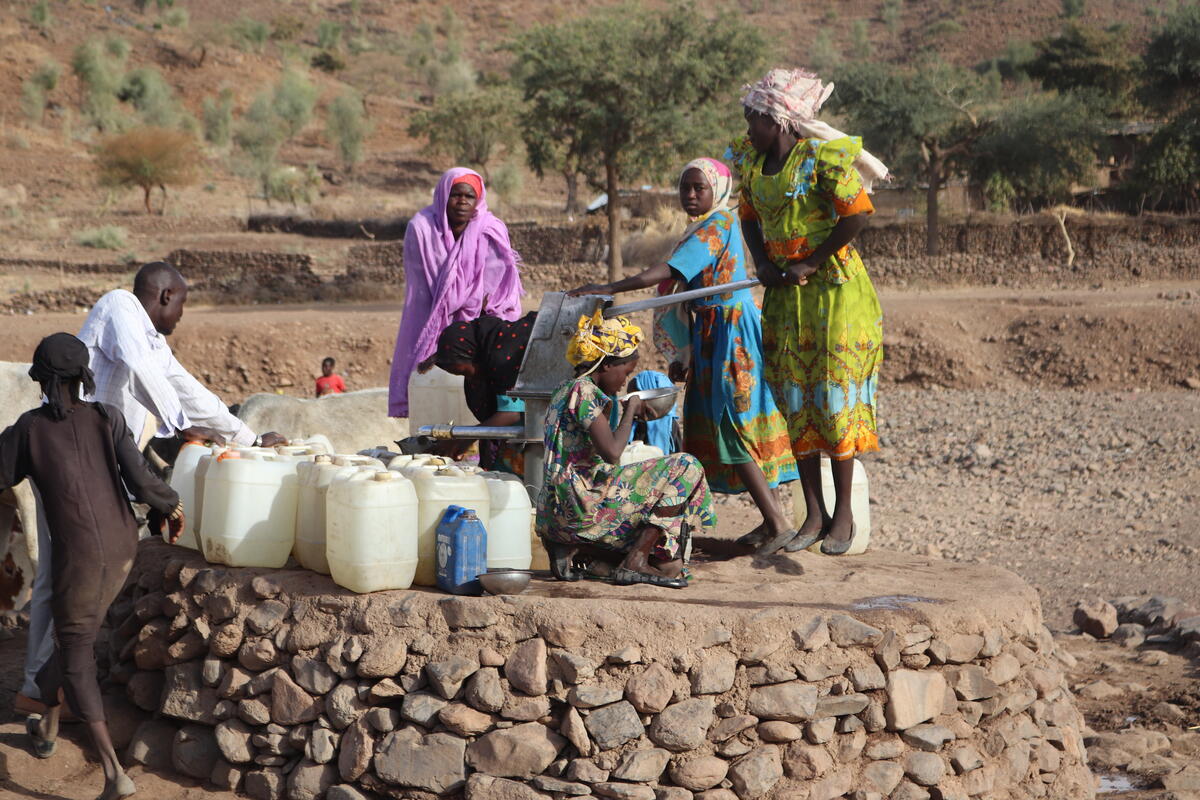Thousands of Somalis flee renewed clashes into Mogadishu
Thousands of Somalis flee renewed clashes into Mogadishu

MOGADISHU, Somalia, February 17 (UNHCR) - The UN refugee agency is calling for the protection of civilians as thousands of people flee escalating conflict in Somalia's Afgooye corridor.
Since renewed clashes erupted on Tuesday, more than 5,200 Somalis have fled the Afgooye corridor just north-west of the capital Mogadishu. So far this month, over 7,200 people have been displaced from the area, a 40-km stretch of stretch of road with sprawling settlements and makeshift camps hosting almost 410,000 internally displaced Somalis.
"One-third of Somalia's internally displaced population lives in the Afgooye corridor," said Bruno Geddo, UNHCR's Representative for Somalia, noting that they had fled insecurity in Mogadishu and other parts of the country over the last five years. "Many are now on the move again. We urge all armed groups and forces to prioritise the safety and protection of these vulnerable people and the residents of Afgooye."
Most of those who fled in recent days are heading towards Mogadishu. On Wednesday, UNHCR staff observed some 150 minibuses and donkey carts bringing people into the capital through one of the entry points. Others arrived on foot.
"Some of them are settling into existing settlements for displaced people in Mogadishu," said Geddo. "Others are moving towards districts that were recently vacated, or are living with family or friends."
UNHCR, together with other agencies, will be scaling up its assistance to address the immediate humanitarian needs of this new population, who are in urgent need of shelter, food and water.
More than 20 years after the civil war started, Somalia remains one of the worst humanitarian crises that UNHCR faces. It generates the largest number of refugees and displaced in the world after Afghanistan and Iraq. Some 1.3 million Somalis are internally displaced while more than 968,000 others live as refugees in countries neighbouring Somalia, primarily in Kenya (520,000), Yemen (203,000) and Ethiopia (186,000).


